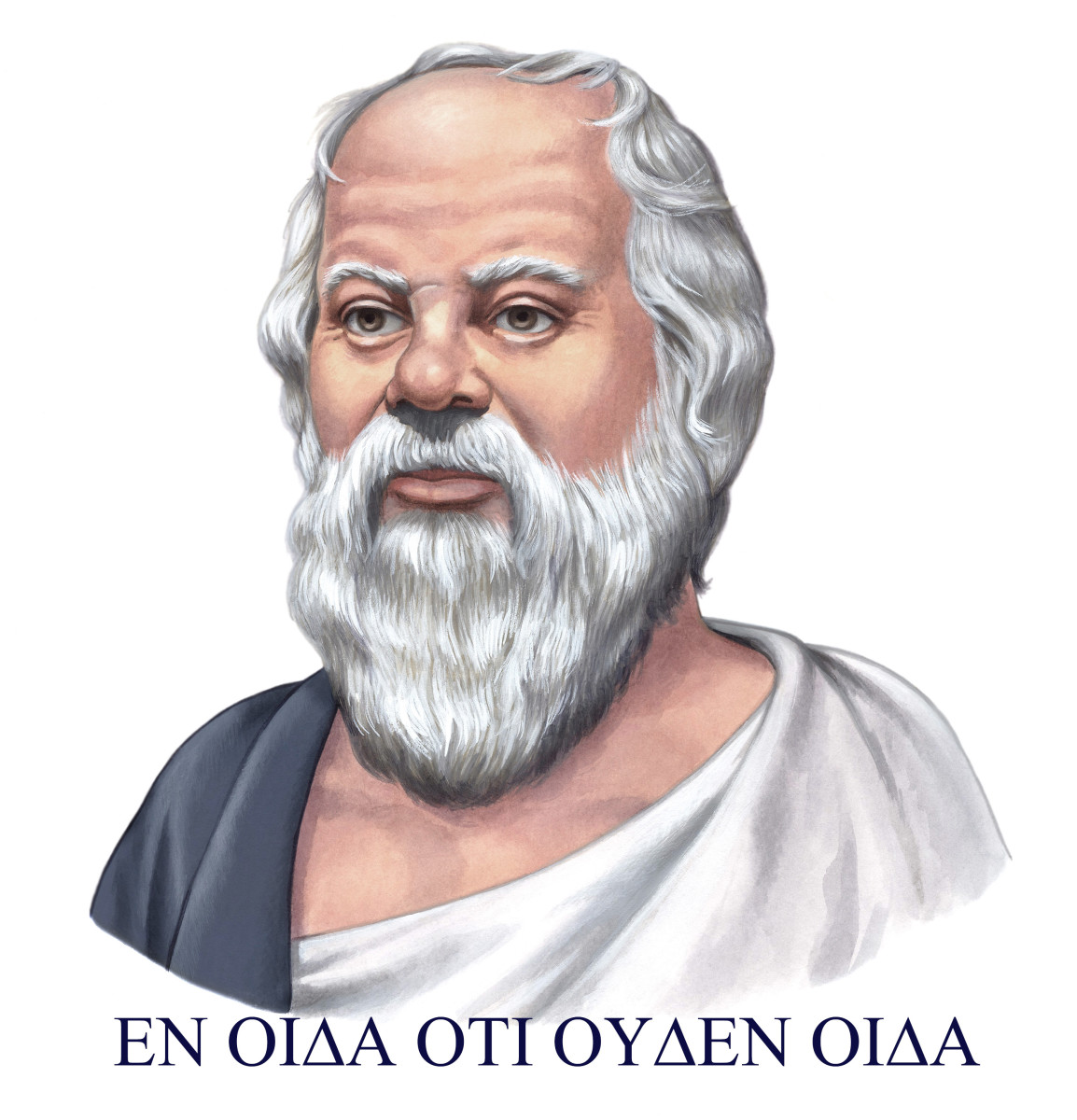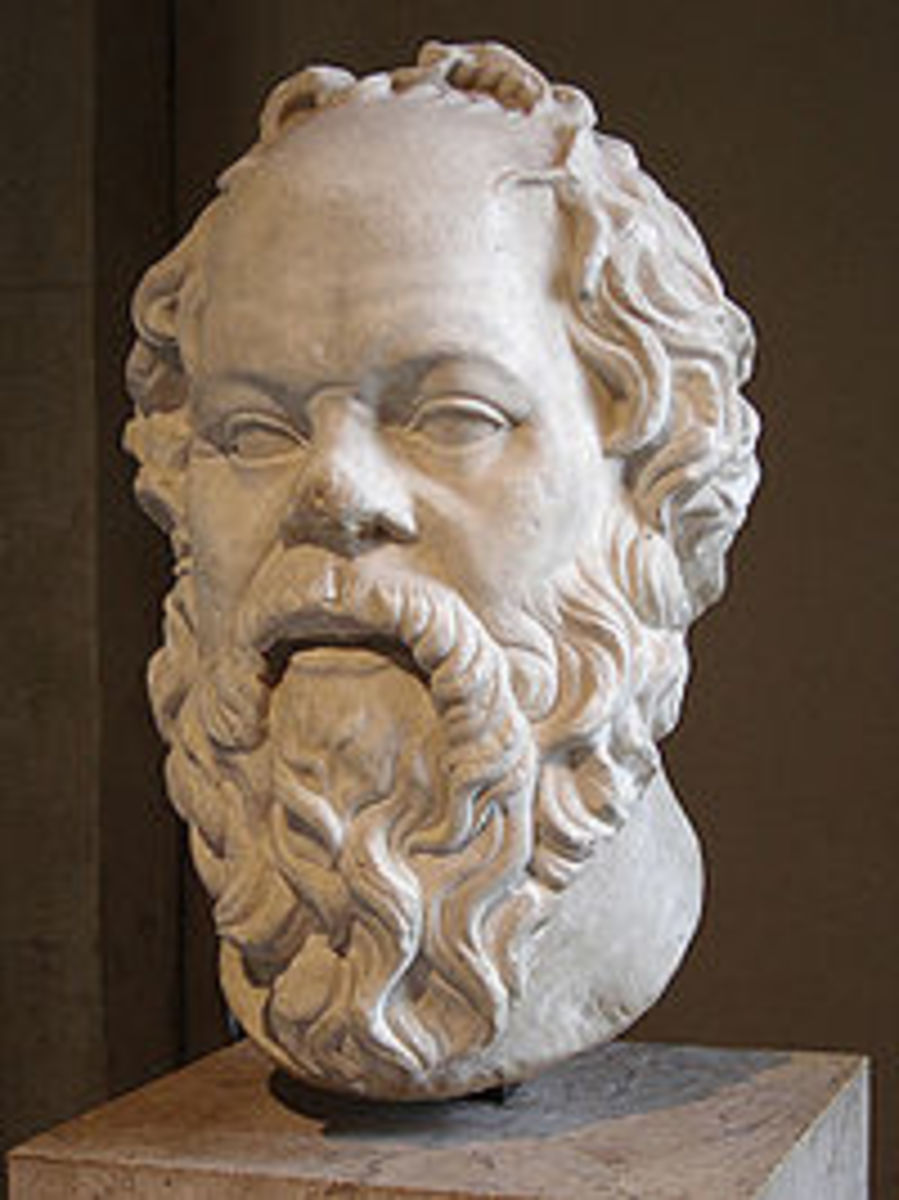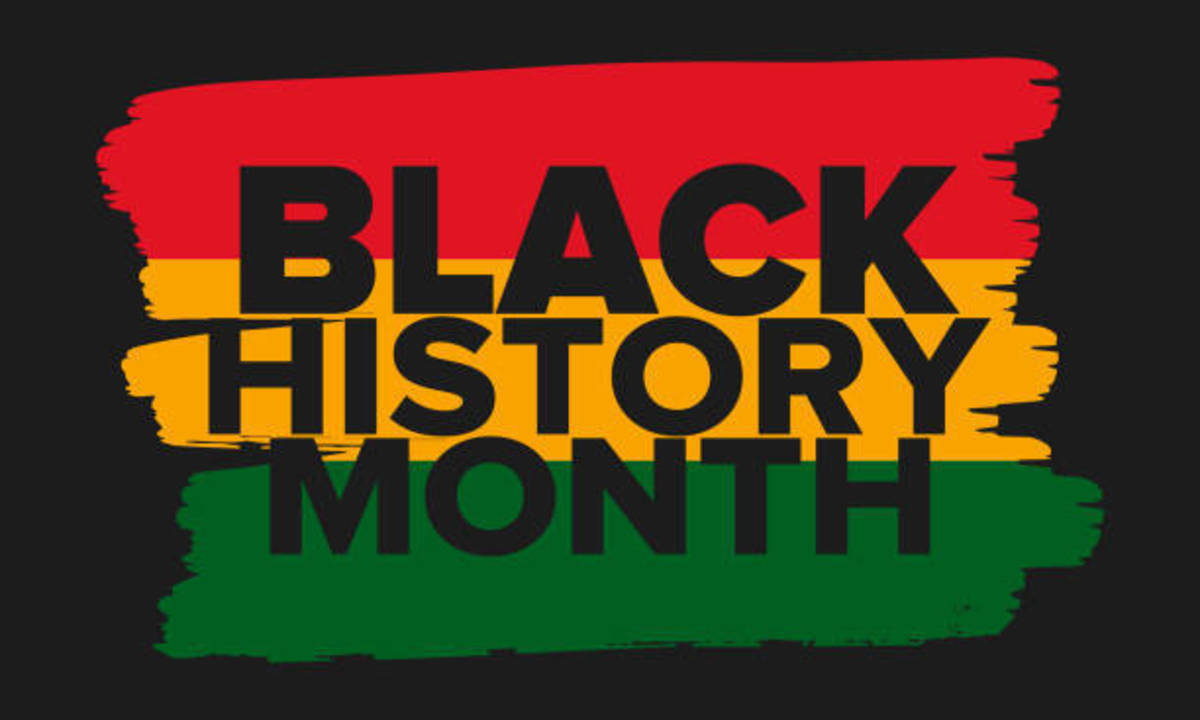The Benefit of Doubting

“The beginning of wisdom is found in doubting; by doubting we come to the question, and by seeking we may come upon the truth.”
—Pierre Abelard
"Fake it 'til you make it," goes the saying. Everywhere from the office to the dating world, confidence is key, according to almost everyone. Ironically, though, the term "confidence man" has long been shorthand for a con, swindler, or huckster. So where exactly, in modern society, is there "room for doubt"?
Millenia ago, Socrates famously said, "I know nothing but the fact of my ignorance." Because of this, the Oracle at Delphi supposedly called him the wisest man on earth. Rather than attribute natural and other phenomena to Zeus or Poseidon, as his antecedents did, Socrates openly doubted, opening a realm of skeptical inquiry that became the foundation of Western philosophy and science. We cannot, after all, discover—or even have a new hypothesis or theory—if something is already known. Acknowledging doubt can be a virtue.
In our time, saying "I don't know" (or “idk” as it were) is generally considered unhelpful. We've all been given bad directions or advice from someone who appears confident, but who ultimately lacks the knowledge they purport to have. People who are skilled at convincing others they know— even when we know they don't— are often rewarded just for projecting the vaunted value of "confidence". Acknowledging ignorance of almost anything ("You haven't seen that movie?!" or "You haven't heard that song?!") is generally seen as a weakness. So we go on, pretending to know.
There are dangers to this approach. We end up with leaders who are good at appearing to know, rather than those willing to admit they don't. We take wrong turns, literally and figuratively, because we take advice from those who don't know, but are good at appearing to know.
Confidence, conviction, belief, and faith all have their place, to be sure. If everyone questioned their knowledge of absolutely everything, as the old gadfly Socrates did, the world would be a highly dysfunctional one ("Sir, I'll be happy to seat you at that table; but are we certain it is a table? Why?"). On the other hand, we might consider rewarding or thanking those who admit they don't know, rather than treating them as unhelpful or ignorant. We might also be less bashful in admitting our own knowledge deficiencies.
Will many people take this advice? Doubtful. But then again, who knows?
© 2018 Robert D Crouch





